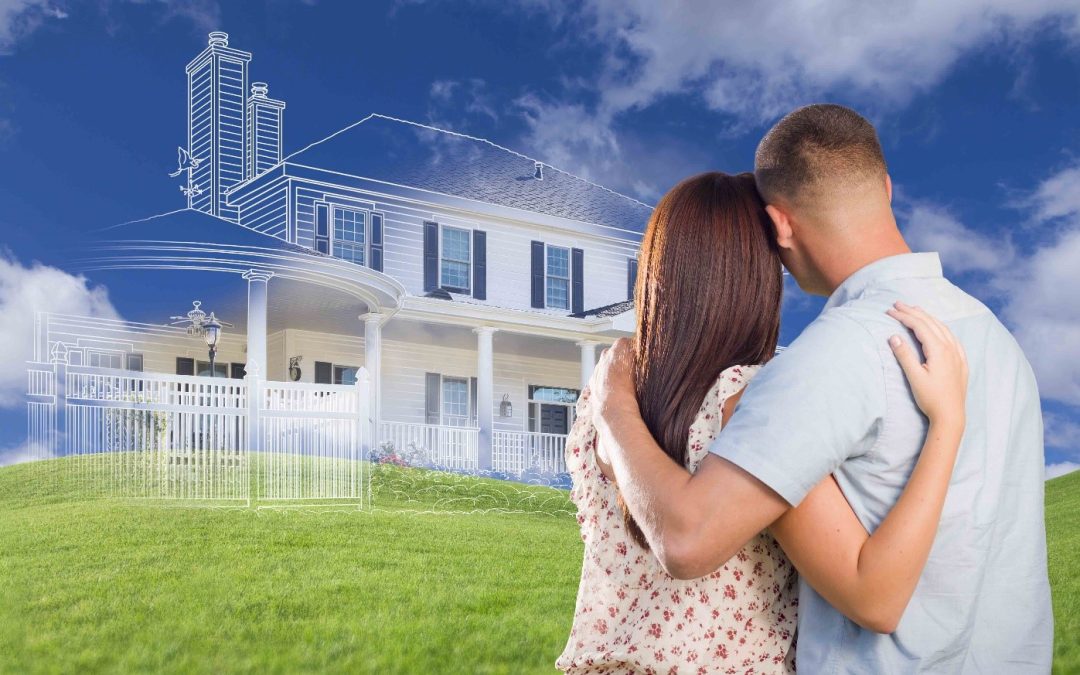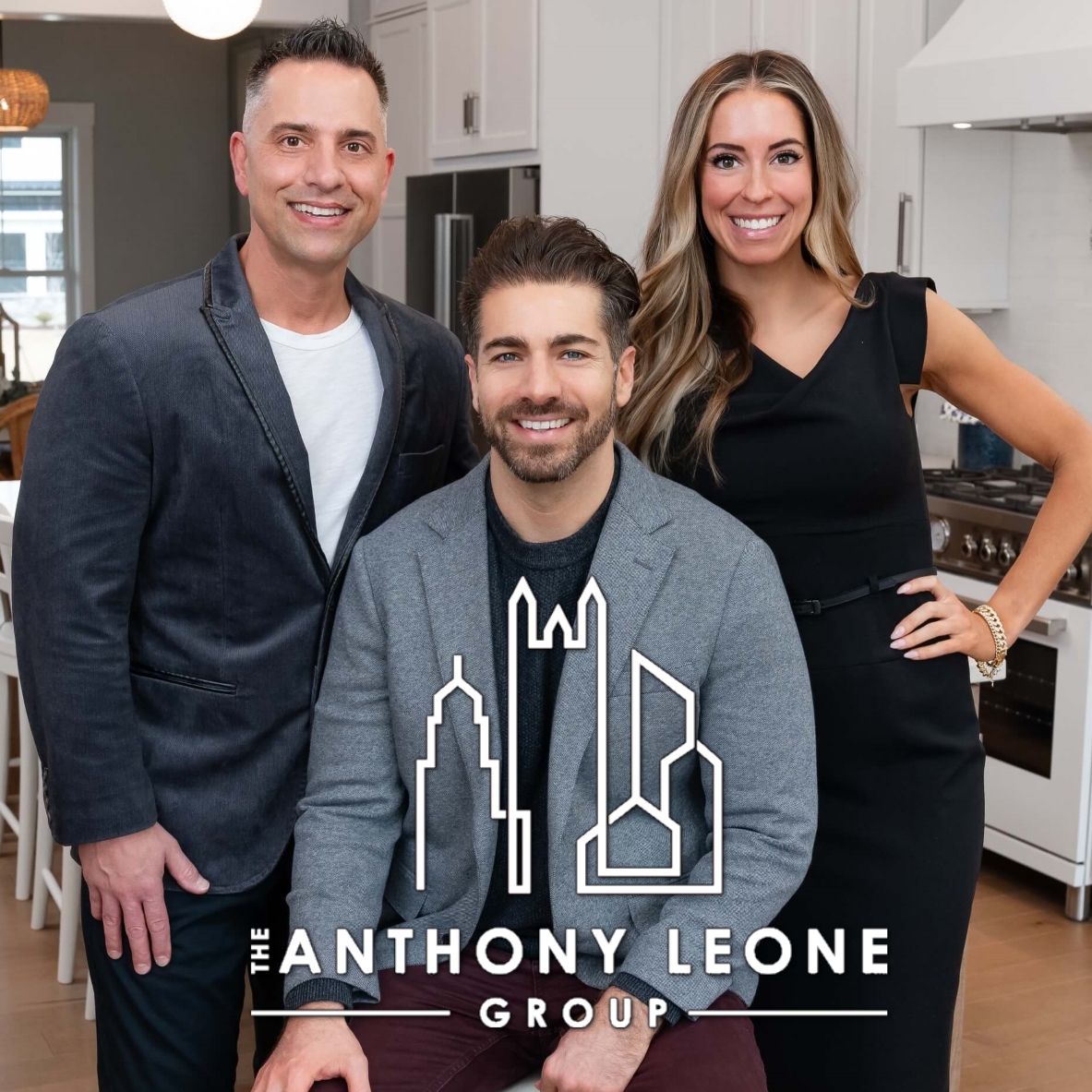If you took a survey of 100 people and asked them what their dream home would look like, most likely you’d receive 100 different answers. Everyone is unique, with their own tastes and preferences combining with their specific needs for a home. Some buyers need lots of space, while others need a more manageable property. Some love elaborate architectural designs, while others eschew unnecessary decorative flourishes. That’s why it’s so important to clearly define what your dream home looks like, before you start searching.
Throughout life you are be exposed to countless homes, and over time, you begin to compile a mental list of what features you like. When combined with the practical aspects of purchasing a home, like the size and location of the home, you can often start to narrow your search of where and what you’re looking for. But, what if you can’t find a home that meets the image of “dream home” in your head? What if, even after months of searching, properties in your area are still coming up short? Should you settle for an existing home that you could latter modify down the road?
If you’re asking yourself these questions, you’ve probably begun to consider the virtues of building your own home. It’s a major decision, but also an exciting proposition. Whether you’re thinking about building an elaborate estate with great details both inside and out, or just want to build a home that meets your basic needs: building your own home can be a great, and even cost effective, way to get a house you’ll be happy to call home.
The Realities of Building your own Home
Deciding to build your own home doesn’t mean you’re suddenly transported to a fantasy world where decisions don’t have consequences. Building a home, just like buying an existing home, is a pretty big financial investment. The larger and more elaborate the home, the more expensive construction is going to be. The same applies for luxurious materials and custom design work. According to Forbes, the national average is around $329,000, but this is only an average. Some homes can be built for less than $100k, while others could cost millions. Labor and materials typically each account for around 50% of the total construction costs, along with some associated fees such as building permits. If you’re considering building a home, it’s important to connect with a local builder to help get an idea of what a realistic budget is for your area and the type of home you’re hoping to build.
On top of this, you’ll also need to consider the cost of the land where you’ll build your home. While you might think an “empty lot” is easy to find and inexpensive to purchase, you might be surprised to learn just how pricy suitable building land can be: especially in desirable locations near a city or in a popular suburb. More rural locations may be more affordable, but also mean contending with a longer commute, and the risk of having less access to utilities such as high speed internet or even cell phone reception. Keep in mind that a new construction home will also need to be connected to utilities such as power and electricity, which again will determine where you can build… and can be costly to connect to.
Depending on your builder, the degree of customization available to you will vary widely. For some homeowners, they may be happy choosing from a list of preexisting designs and making a few small decisions on the layout or materials chosen. If you’re expecting a fully custom home, prices are going to increase, all while still having to adhere to local codes, lot restrictions, and the basic principles of engineering and building a stable, sturdy home.
If you decide to build a home, you will need to keep in mind that it’s also going to take time. Even without delays for weather, having to wait for supplies or equipment, or working with utility companies which may have their own work schedule, building a home can still take many months. You can expect your construction to last between three to six months, depending on the contractor you’ve hired, the size and design of the home, its location, and the availability of necessary materials.
The Benefits of Building your Own Home
While potentially expensive and time consuming, there are a handful of major benefits to having a home built. First of all, you know that you’re getting a home that meets your wants and needs within your budget parameters. You also have some flexibility in regards to location, and can sometimes find good deals in areas that have yet to be fully developed, saving you some money on the land purchase. You are also able to spend your money on the features you want, and skip having to pay for those that you don’t need. Why pay for a pool if you’re never going to use it?
Additionally, newly built homes are free of any maintenance baggage from previous owners. Assuming you hired a quality contractor, you can confidently move into your new home, knowing that it’s in good condition from day one. There’s no concern a previous owner deferred maintenance or hired a questionable handyman for repairs in the past. A new roof, new appliances, and a new foundation can all help you sleep at night, knowing that you have a home that’s been well built and is ready for decades of making memories as you live there.
Buying an Existing Home
Don’t let the search for perfection get in the way of “good enough”, especially when homeowners have the power to change their home over time, to better suit their wants and needs. Buying an existing home might be seen as a compromise to shoppers who are set on finding their dream home. The truth, though, is that blank-canvas approach is an involved process, with potentially high costs and big time commitments. For first time buyers or those looking to move fast, buying a home that meets many of your criteria can be a great place to start. When you own your own home, you’re only one renovation away from your dream kitchen, or one addition away from an extra bedroom or home office.
Buying an existing home can be an exercise in delayed gratification, giving yourself the time to save money for future projects- perhaps even a total construction of your dream home later down the road! Shop smart and avoid projects in need of major, costly repairs or updates. Look for solid homes that are going to keep their value (or even appreciate), giving you the time to focus on other things in life. While building your own home might seem like a dream scenario, going in blind could mean a higher budget and longer wait than you were expecting. Should you build or should you buy? In the end, it’s up to you!


